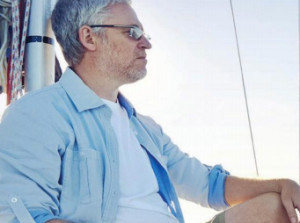Going Out on Top – To Retire or Not to Retire Your Horse
Click here to read the complete article482 – October, 2016
By: Delores Kuhlwein
 I have no regrets,” said Payton Manning when he announced his retirement from the NFL this year, not long after the Denver Broncos won Super Bowl 50 and the sports world was abuzz with speculation. Did he pick the right time? How did he know when it was time to retire? Is he really done? Did he go out at the top of his game?
I have no regrets,” said Payton Manning when he announced his retirement from the NFL this year, not long after the Denver Broncos won Super Bowl 50 and the sports world was abuzz with speculation. Did he pick the right time? How did he know when it was time to retire? Is he really done? Did he go out at the top of his game?
After winning his second Super Bowl, with 18 successful years under his belt, Peyton said he just knew he was ready to retire when he spoke at a press conference on March 7, 2016.
From professional and college athletes, the question about retirement has been proposed more times than we can count, but it comes up for our equine athletes as well. Should your trusty partner finish one more show and go out on top? Is there some other option? Without the ability to make their own decisions, we must decide for them.
Listen to Your Horse
Even though we can’t ask our horses if they, like Manning, are ready to retire, there are clues we can pay heed to. Renowned Western Pleasure trainer Bret Parrish and his wife, Candy, of Pavo, Georgia, recommend assessing three indicators: movement, soundness, and attitude.“Movement tends to change with age, and it’s just a fact of life that horses generally don’t move as well once they have a little age on them. Horses are athletes and soundness can be part of determining the longevity of a show career,” Bret and Candy say. However, they point out that the length of a typical show horse’s career has certainly changed over the years. “Today, our show horses benefit from all the great strides in veterinary treatment and rehabilitation.”
Attitude, the third factor, may be the most important. Bret and Candy say, “Attitude may also contribute to making the decision to retire a horse from the show pen. The wear and tear of miles of traveling for shows and the repetitive nature of preparing a horse to show can lead to a negative attitude over time. Just like people, horses can get tired mentally.”
Click here to read the complete article482 – October, 2016










